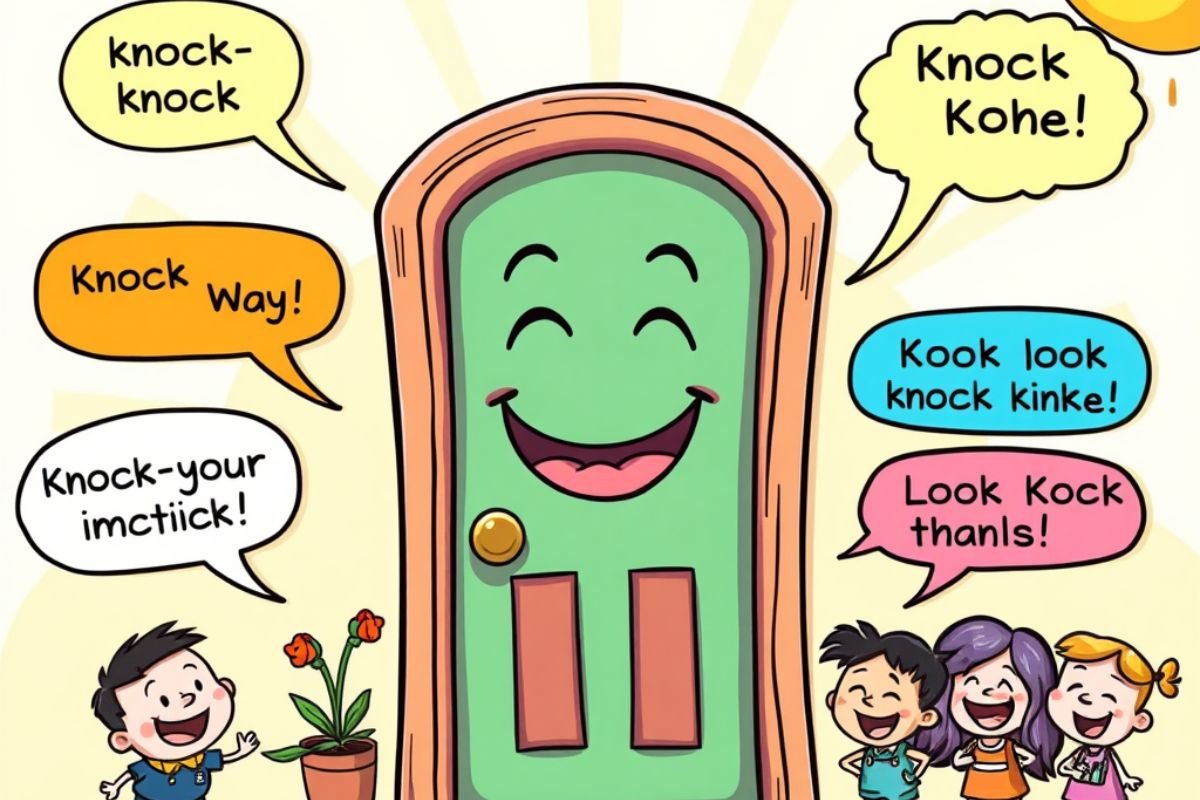Sundays used to be about rest. For some, it meant religious observance. For others, it was simply a day off. But today, Sundays are transforming. A new idea is taking shape. It’s called the Sungdayer Lifestyle. This lifestyle is not just about sleeping in or binge-watching TV. It’s about using Sundays with intention. It’s about making time for self-care, creativity, and personal joy.
More people are tired. More people are stressed. The work week drains energy. That’s why Sundays now matter more than ever. The Sungdayer lifestyle is a fresh answer. It helps people slow down, tune in, and feel good again. This article will explain everything about Sungdayer. We’ll look at where it came from, what it means, and how to live it.
Whether you’re busy, burned out, or just curious, Sungdayer offers a new way to think about time. And it all starts with one simple idea: Sundays are sacred.
Origin and Definition
The term “Sungdayer” is new. It’s a mix of two words: “Sunday” and “day-er” — someone who actively claims the day. While the term might not yet be in every dictionary, it’s gaining fans fast. It began in online wellness circles. Then, artists, freelancers, and mental health advocates joined in. Today, it’s a growing movement.
At its core, a Sungdayer is someone who uses Sundays to reset. It’s a lifestyle choice. It means saying “no” to chaos and “yes” to calm. It means carving out time for what truly matters.
The Sungdayer lifestyle is not rigid. There’s no strict schedule. No complex rules. Instead, it’s about freedom with purpose. One person may paint all day. Another may take a long walk, then journal. Someone else may meet friends or simply rest. The goal is the same: to feel refreshed, recharged, and ready for life.
The Philosophy Behind Sungdayer
The Sungdayer lifestyle comes from a clear idea: Sundays are a chance to nourish the self.
Here’s the philosophy behind it:
- Rest is not lazy. In a world that celebrates hustle, rest is a form of rebellion — and healing.
- Creativity needs space. New ideas don’t grow in noise. They need stillness, freedom, and time.
- Presence matters. Many people live in the past or future. Sungdayer calls you back to the moment.
- Balance is key. Life isn’t all work. It shouldn’t be. Sungdayer brings joy back into the equation.
- Rituals create rhythm. By building Sunday rituals, people create weekly structure and inner peace.
Sungdayer is more than a Sunday trend. It’s a mindset. It’s a way to honor your time and energy before the week begins again.
Core Components of the Sungdayer Lifestyle
Relaxation
Rest is the heart of Sungdayer. But it’s not just lying on the couch. It’s intentional relaxation. That means:
- Turning off emails and alerts
- Sleeping in without guilt
- Taking long baths or reading in silence
- Practicing gentle stretches or breathing exercises
- Avoiding anything that feels like a chore
True relaxation helps you reset your nervous system. It prepares your mind and body for the week ahead.
Creativity
Creativity doesn’t have to be perfect. It just needs freedom. Sungdayer is about creating without pressure. You might:
- Sketch or paint for fun
- Try a new recipe
- Write poetry, stories, or songs
- Create a mood board or vision journal
- Learn an instrument or take photos
You don’t need to be an “artist.” Just create for joy. No judgment. No goals. Just expression.
Social Interaction
Sundays don’t need to be solo. Sungdayer invites gentle connection. That might mean:
- Having slow coffee with friends
- Calling a loved one
- Sharing a picnic in nature
- Going to a local event or workshop
- Hosting a small brunch or book club
Connection doesn’t have to be loud. It just needs to be kind and honest.
Self-Expression
Who are you when no one’s watching? Sungdayer helps you reconnect. You can:
- Wear what makes you feel good
- Dance like no one is watching
- Speak your truth in a journal
- Reflect on your dreams
- Explore new hobbies or passions
It’s about being yourself, for yourself.
Benefits of Adopting a Sungdayer Lifestyle
Mental and Physical Health
Slowing down reduces stress. Studies show that people who take time off each week:
- Sleep better
- Have lower blood pressure
- Feel less anxiety
- Experience fewer mood swings
Your mind needs rest. Your body does too. Sungdayer brings both into balance.
Enhanced Creativity
When your brain rests, it gets new ideas. Think of it like recharging a battery. Many artists and thinkers say their best ideas come after rest. Sungdayer creates space for:
- Breakthrough thinking
- Artistic flow
- New perspectives
- Original insights
Creativity thrives when you give it room.
Improved Relationships
When you feel good, you show up better. That means:
- Better listening
- More patience
- Real connection
- Stronger empathy
Sungdayer improves how you relate to others — and yourself.
Increased Productivity
Ironically, taking Sundays off can boost productivity during the week. Why?
- You return with more energy
- You feel less burned out
- You work with more clarity
- You solve problems faster
Rest is not the opposite of work. It’s what fuels great work.
How to Implement Sungdayer in Your Routine
Plan Ahead
Start by making space for Sunday. This means:
- Doing chores on Saturday
- Prepping food in advance
- Turning off work messages
- Blocking out time on your calendar
If you don’t plan for rest, it won’t happen.
Set Boundaries
Tell people: Sunday is your day. That might include:
- Saying no to extra work
- Not checking your phone
- Limiting social plans
- Respecting your own energy
Boundaries protect your peace.
Be Flexible
Sungdayer isn’t rigid. Some Sundays, you may rest. Others, you may create. That’s okay. The point is to follow what you need most.
Listen to your body. Follow your joy.
Real-Life Examples and Case Studies
Emma, 34, Graphic Designer
Emma used to dread Sundays. She’d stress about Monday. Now she blocks Sundays for art. She paints, walks her dog, and turns off her phone. She says it “saved her sanity.”
David, 28, Tech Professional
David works long hours. He started Sungdayer after burnout. Now, Sundays are for hiking and journaling. He’s more focused at work and feels happier overall.
Aria, 40, Mom of Two
Aria struggled to find time for herself. Now, she gets up early Sunday to read, stretch, and have tea in silence. Her family respects this time. It’s made her feel human again.
Challenges and Considerations
Sungdayer sounds easy. But life gets in the way. Here are a few common hurdles:
- Guilt: Many feel bad for resting. Reminder: rest is healthy.
- Time limits: Not everyone has full Sundays off. Tip: take just 1–2 hours if needed.
- Distractions: Phones, chores, demands can intrude. Use “Do Not Disturb” settings.
- Perfectionism: You don’t need to “do Sungdayer right.” There’s no wrong way.
Start small. Build slowly. Even a few mindful minutes matter.
The Future of Sungdayer
The world is waking up to rest. Burnout is everywhere. Work doesn’t end. Screens never sleep. That’s why Sungdayer is growing.
We may soon see:
- Workplaces that encourage rest Sundays
- Apps that support Sungdayer habits
- Online communities sharing rituals
- More content creators promoting this slow-living trend
Sungdayer is not just a trend. It’s a shift — from doing more to being more.
Conclusion
The Sungdayer lifestyle is about more than Sunday. It’s a reminder that you matter. Your peace matters. Your joy matters. And you don’t need to earn it.
One day a week can change your life. It can reconnect you with your body, your mind, and your passions. It can help you feel human again.
So this Sunday, don’t just scroll or stress. Try something different. Light a candle. Draw something silly. Call someone you love. Sit in the sun. Dance in the kitchen. Be a Sungdayer.
You don’t have to fix everything. You just have to rest. Breathe. And begin again.
FAQs About Sungdayer
What does Sungdayer mean?
It means using Sundays for rest, creativity, and joy — with intention.
Do I need the whole day off?
No. Even 1–2 hours of mindful time can help.
Is Sungdayer religious?
No. It’s spiritual in some ways, but not tied to any religion.
Can families do Sungdayer together?
Yes! It can be a shared ritual or solo time — whatever fits.
What if I work Sundays?
Choose another day or part of a day. The idea is to set time aside for YOU.
How is this different from self-care?
It’s a specific practice done weekly — not random. It adds rhythm and structure to self-care.
Will it make me more productive?
Yes. Rest improves focus, creativity, and energy — all key for better work.
Where can I learn more?
Look for online blogs, communities, or social media under #Sungdayer.














